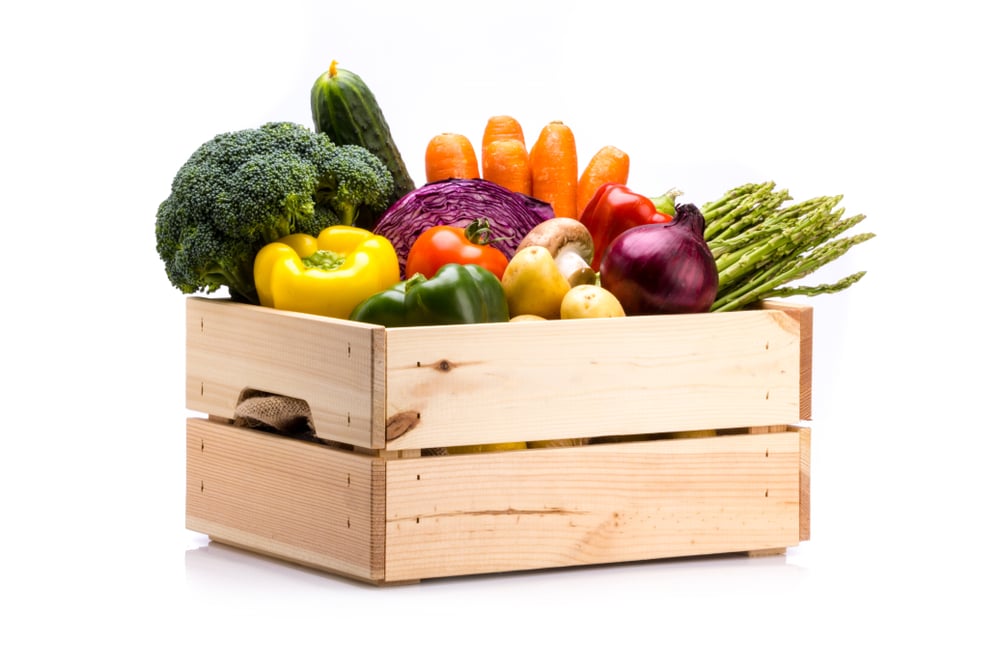
Wooden crates have quite the reputation in the international transportation of goods due to their economical price point and the opportunity to recycle and repurpose used crates after their initial job. The lifespan of the wooden crate is seriously long, and the crate has a promising after-life, offering itself up for DIY projects and remaining low impact on the earth in their breakdown thanks to the sustainability of the raw material. There are a number of reasons why you might want to choose wooden crates over their plastic counterpart, with economy and sustainability factors offering just a glimpse into their many advantages.
Cheaper
Wooden crates are guaranteed to reduce your export costs, with plastic crates requiring you to spend almost three times as much to move your goods. The beauty of the wooden crates lies in its simplicity – it’s easy to repair, recycle and replace. The universality of the crate in shipping means that your crate will always be handled with the right amount of care and you can trust that your goods inside will be looked after by the wooden crates’ worldwide reputation. Wood comes out on top in savings, with plastic crates costing more to purchase and an additional price tag when repairs are needed.
Great for International Travel
If you’re in the business of shipping goods internationally or moving overseas, then wooden crates are probably your best friend. Wooden crates are common in international exports as they are compatible with all industry standard machinery and wood is a universal material, so they’ll always be understood at their destination. Sturdy and strong crates are the safe solution to rough seas and air travel, guaranteeing that your fragile goods, whether they be for your business or personal needs, are protected. Another important factor to consider is that it’s highly unlikely that’ll you get expensive plastic crates returned to you when you ship overseas, which is a huge loss on a plastic crate investment.
Perfect for Transporting Food
Contrary to popular belief, wooden crates are equally as hygienic as plastic crates. If you’ve been hoping to pack your perishables or food goods in wooden crates but are concerned about the food safety conditions within the crates, then there’s really no reason to worry. There’s no need to pay extra for plastic crates when wooden crates offer a sanitary environment and the body of the crate will protect the goods inside from damage, keeping everything safe. One of the most pressing issues with plastic crates and food is the chance that food may be contaminated with microplastic particles, which have shown to have negative consequences for both humans and animals. With wooden crates, you run little risk of your packaging ending up as part of your meal.
Environmentally Friendly
Wood remains the eco-friendliest option out there for exporting goods in crates, whether that be to a domestic or international destination. Sustainability is one of the most important issues of our time and choosing wooden crates for your goods means that the crates you use will have a limited effect on the environment around you. Wooden crates can be recycled for exports again and again and can also be repurposed when their primary use is complete – they’re especially good for DIY projects!
Wood also doesn’t contain the kind of chemicals or toxic materials involved in the production of plastic crates, meaning that the energy in making and disposing of the crates is less so than their plastic counterpart.
Can Take More Weight
Wooden crates come with the added benefit of being much easier to customise than plastic crates, so there is no trouble when you need a specific size or shape. Sometimes it’s as easy as taking a hammer and nail to a crate, so if you need to make any last-minute changes to your packaging, then the wooden crate is your best option. It is simple to decrease or increase the size of the crate, or to make a unique shape which fits your product and offers great support to whatever comes inside. Because wooden crates can be made of recycled crates or other repurposed wood, it is easy to alter the shape of a crate when you most need to.
Don’t Conduct Heat
Wood doesn’t conduct heat in the same way that plastic does, so goods that are packed inside your wooden crates won’t spoil or be affected by changing temperature conditions as they travel. Wood also doesn’t conduct electricity, so they are also the safe choice for transport. Wherever your goods are on their worldwide trip, crates remain weather resistant to heat and water, keeping even the most perishable of products fresh, dry and safe when exposed to the ocean or the burning sun.
Stackable
A shipping favourite, a tried and tested product, the wooden crate is so widely used in international imports and exports that you’ll be hard pressed to find a more reliable option. The uniform shape of wooden crates leads to easier handling everywhere they go and their sturdy, stackable nature means they are always efficient in their use of space. The stacking of wooden crates is also highly cost effective, minimising any additional or surprise charges. Wooden crates remain a smart investment, both for savvy-money saving reasons and for the reduced impact on the earth.
If you’re in the business of exporting and importing goods, then it probably feels like the wooden crate has seen a whole lot more of the world than you. Wherever your goods end up – Rome, Paris, London or Tokyo – you can take comfort in the knowledge that the wooden structure of the crate is doing an excellent job protecting what lies within.
Although it’s sometimes difficult to reduce the impact that exports have on our globalised world, shipping your product is far greener than airfreight, and choosing wooden crates over plastic is a great way to go green and show your commitment to sustainability.
Related News

Wooden Boxes vs Wooden Crates: Which Is Better for Your Business?
Your packaging choices directly impact your bottom line. When...
Keep Reading
Why Wooden Crates Are The Preferred Choice For Agriculture
Whether it’s moving produce from the paddock to the...
Keep Reading
Common Mistakes to Avoid When Using Wooden Pallets for Transport
Wooden pallets ensure your goods are transported safely and...
Keep Reading
 Enquire Today
Enquire Today